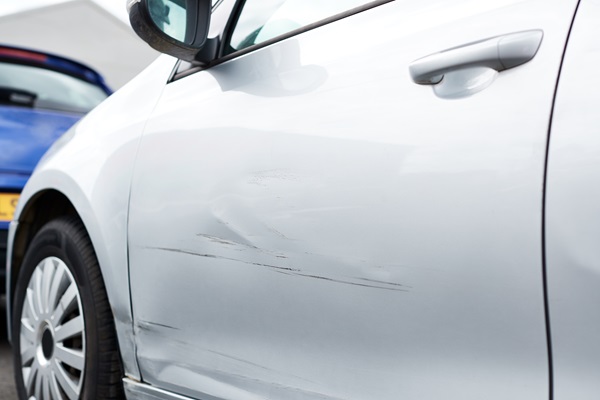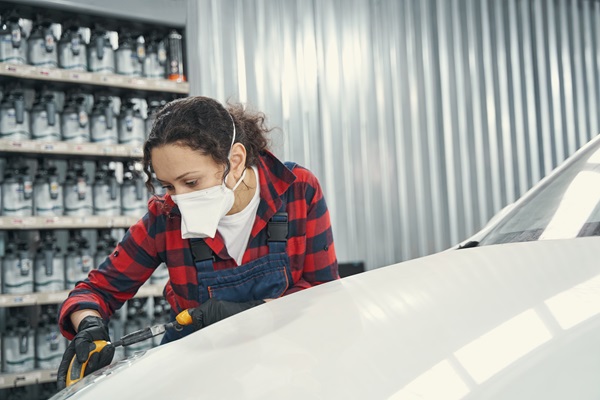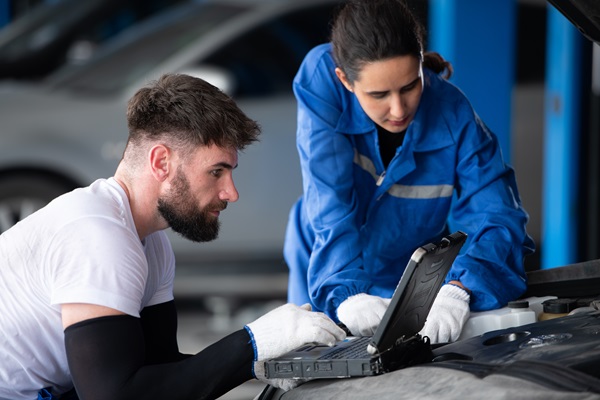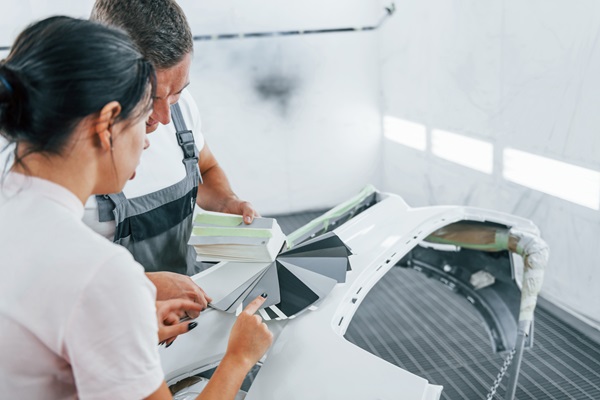Posted on 6/2/2024

Accidents happen, and when they do, the type of damage your vehicle sustains can vary widely. In our 16 years of operating in Orlando, we've seen it all—from minor scratches that barely nick the paint to major collisions that require extensive structural repair. Understanding the specific type of damage is the first step in our comprehensive repair process. At our certified collision repair center, we approach each vehicle with a tailor-made plan designed to address and rectify every type of damage, ensuring your car returns to a state of optimum safety and functionality. Our experienced technicians are skilled in the latest repair techniques and equipped with state-of-the-art tools. We treat minor damages with the same precision and attention to detail as we do major restorations because we know that every repair contributes to the safety and longevity of your vehicle. Our commitment to excellence and safety is unwavering, as we strive to provide the best possible service a ... read more
Posted on 6/2/2024

In the ever-evolving world of auto body repair, staying ahead of the curve is not just an advantage—it's a necessity. We are committed to keeping pace with industry trends and setting benchmarks that others follow. As a certified collision repair center that has proudly served Orlando for over 16 years, we understand the importance of innovation in delivering the best possible service to our customers. From incorporating state-of-the-art technology to adopting environmentally friendly practices, our approach to collision repair is designed around the needs of modern vehicle owners and the community at large. Our journey begins with a deep dive into the latest trends that are reshaping our industry. These trends influence everything from the tools we use to the techniques our technicians master. By staying informed and adaptable, we ensure our services meet the highest efficiency and quality standards. We invest in cutting-edge technology that allows us to repair vehicles eff ... read more
Posted on 6/2/2024

Regular maintenance might not seem necessary, especially when your car looks good and runs fine. However, we're here to show you why neglecting routine auto body check-ups can actually cost you more in the long run. Keeping up with your car's health plays a critical role not only in ensuring its optimal performance but also in maintaining its safety and value. At our certified collision repair center, we believe that proactive care is key to preventing expensive repairs down the road. During a routine check-up, we thoroughly assess your vehicle for any signs of wear and tear that might not be immediately visible. These hidden issues, if left unaddressed, can develop into more severe problems that are often costlier to fix. By catching these early, we help you avoid big financial headaches later. Moreover, with regular maintenance, your vehicle retains a higher resale value and continues to perform at its best. Join us as we explore the indispensable benefits of regular auto bo ... read more
Posted on 6/2/2024

When it comes to restoring your car after an accident, one of the most critical concerns is ensuring the paint matches perfectly with the original color. At our certified collision repair center, we go to great lengths to ensure that each vehicle we repair retains its aesthetic integrity through advanced paint matching techniques. This process is essential not only for the car's appearance but also for maintaining its value. Our specialized paint matching process involves precise color identification and mixing, utilizing cutting-edge technology and expert techniques honed over our 16 years of experience in the auto repair industry. We understand that a perfect paint match is crucial, and we take this aspect of our work very seriously. Our technicians are highly trained in the art of color matching and utilize the best equipment available to achieve an undetectable finish. This meticulous attention to detail ensures that your vehicle looks its best and the repairs last. A good pa ... read more
Posted on 6/2/2024

Navigating the aftermath of a car collision can be overwhelming, but knowing the right steps to take can ease the process and ensure your vehicle’s longevity and safety. As a certified collision repair center with 21 years of expertise, we are here to guide you through the essential practices to follow after your car has encountered an accident. This guidance aims to restore your car's functionality and preserve its value and appearance. The journey to recovery for your vehicle begins with immediate actions that can prevent further damage and complications. It’s crucial to address even seemingly minor damages promptly, as they can lead to more significant issues if overlooked. Our expert tips and recommendations are grounded in our extensive experience and a deep understanding of car repair processes. We will help you understand which aspects of your car need the most attention and how to approach them with care. As we delve into these strategies, remember that your d ... read more